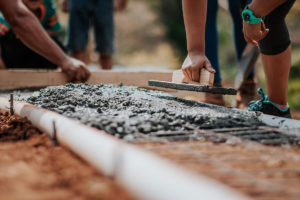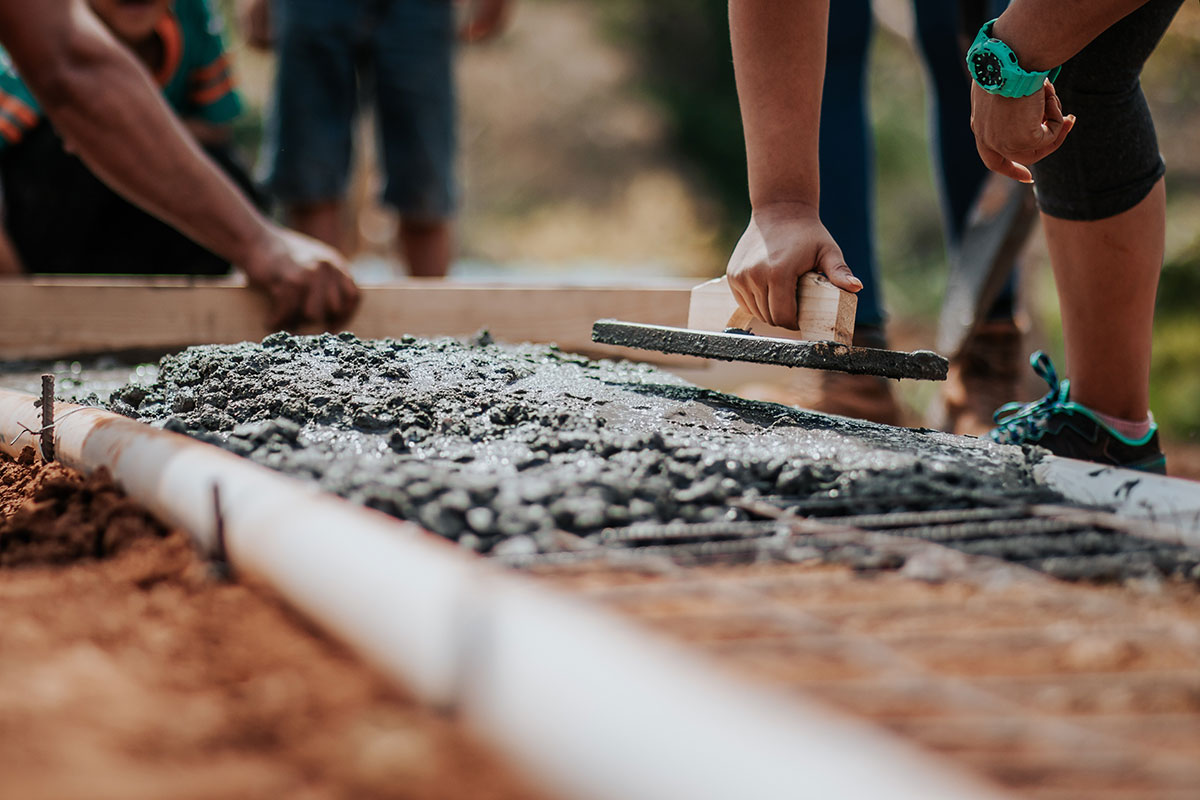Disclaimer: The information on our website is provided for general information purposes only. We make no representations or warranties of any kind, express or implied, about the completeness, accuracy, reliability, suitability or availability with respect to the website or the information contained on our website for any purpose. Any reliance on such information is therefore strictly at your own risk and we are not liable for any damages or losses arising out of or resulting from your reliance on any information contained on our website.
A concrete laborer is skilled to work with concrete in a variety of projects. Because of this, these laborers can set, finish, protect, and repair concrete in construction and engineering projects. Because of this, you may find them creating or repairing sidewalks, curbs, stairs, floors, bridges, and other structural projects. Professionals may also be referred to as a concrete mason, concrete finisher, cement mason, or concrete worker.
How to Become a Concrete Laborer

Concrete laborers enjoy the opportunity to work outdoors and the hands-on aspect of the job. Additionally, experienced laborers are in high demand. This ensures a steady stream of job opportunities and career growth potential. Though there is no formal education needed to become a concrete laborer, a High School Diploma or equivalent is helpful. Many employers provide on-the-job training for a new hire and match them with an experienced worker who will train them. Training can take anywhere from days to months depending on the project and tasks assigned. There are technical schools that offer programs in masonry, which may operate independently or together with apprenticeship training.
Unions and contractor associations have apprenticeship programs for concrete laborers as well. These programs teach the basics of construction, such as building code requirements, reading blueprints, safety, first aid procedures, and math for measurement. After finishing an apprenticeship program, a person is considered a journey worker and can complete tasks by themselves.
If you are still in high school and interested in becoming a concrete laborer, classes in math, shop, chemistry, English, and physical education can help you prepare for a career as a concrete laborer. You can find additional information on the The American Concrete Institute, American Concrete Pavement Association, or the International Masonry Institution websites.
Job Description of a Concrete Laborer
If you enjoy physical labor in a construction setting, a career as a concrete laborer may be the career for you! A concrete laborer works in various environments and locations, making concrete structures used for multiple projects. They make concrete kitchen countertops, pour garage and building floors, make gutters, ramps, footpaths, and walls, among other concrete projects. These professionals also imbed rebar to add structural strength and durability to concrete slabs, posts, and footings.
Concrete laborers often use hand tools and power tools and work closely with other people at construction sites. The job of a concrete laborer is physically demanding and must sometimes work in inclement weather conditions. They must also monitor the weather as temperatures and precipitation can impact the concrete’s curing process. Safety is also a priority and they are responsible to apply any safety standards and practices by State and Federal regulations.
A laborer needs good vision and must be able to move their hands, arms, and legs easily as well as grasp and assemble objects. Using abdominal and lower back muscles continuously for long periods is also a necessary part of the job. Employers want dependable, reliable, and responsible people on construction sites so these workers should pay attention to detail and self-control regulating emotions when working in stressful situations.

